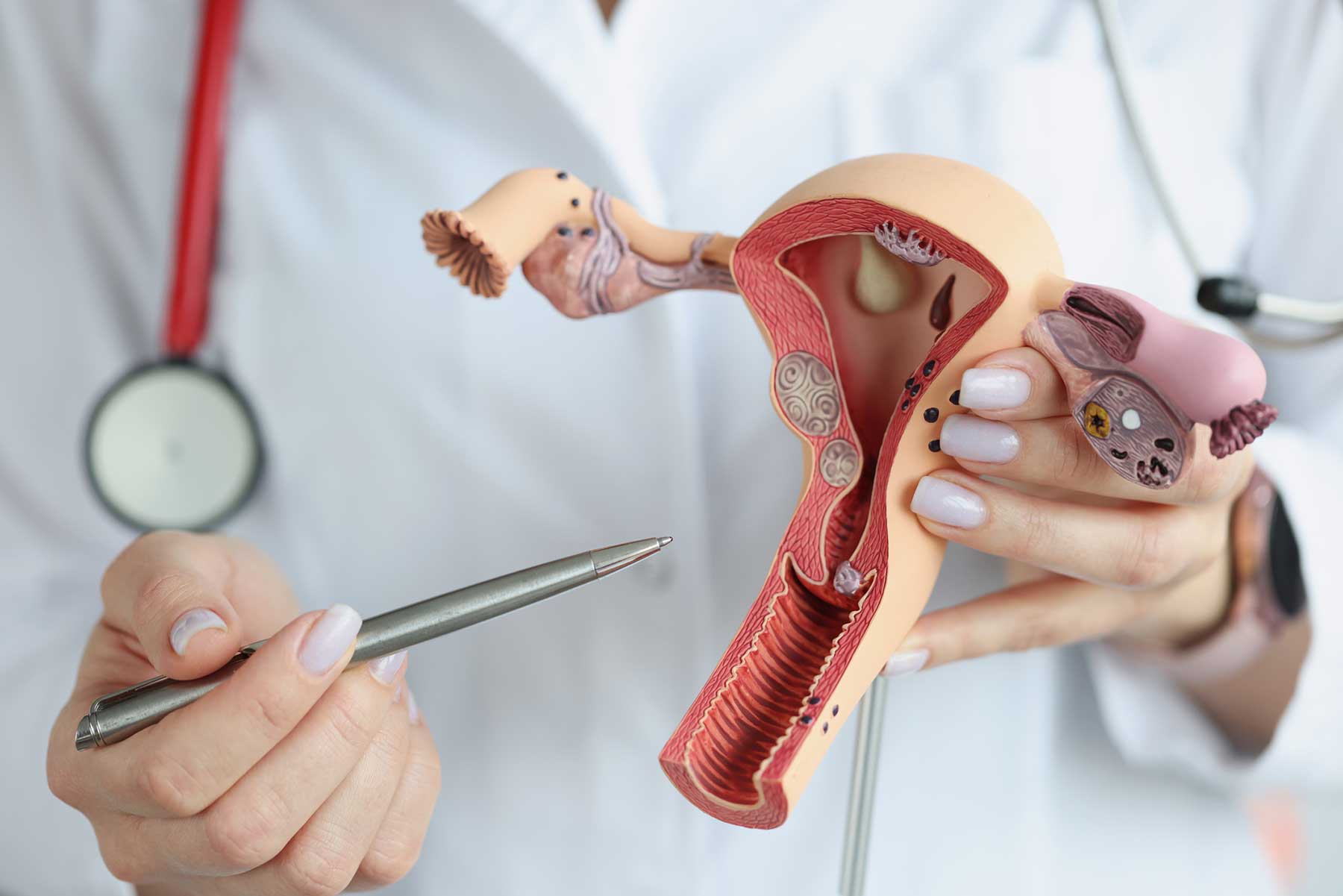The Myth of Vaginal “Looseness”
The myth of vaginal “looseness” is a damaging belief that suggests that a woman’s vagina can become stretched out or “loose” from sexual activity or childbirth.
This myth is based on sexist attitudes that base a woman’s sexual value on how “tight” their vagina is. These ideas have led to women being shamed and judged for their supposed looseness, which can lead to feelings of shame, insecurity, and even sexual dysfunction.
It’s important to bust this myth because it simply isn’t true. The vagina is a highly elastic and adaptable organ that can change shape and size depending on a variety of factors, including arousal, childbirth, and menopause. Plus, the idea that a woman’s worth is tied to the tightness of her vagina is ridiculous, harmful, and perpetuates a culture of shame and stigma surrounding women’s sexuality.
See Also

The “Husband Stitch”
One related issue that’s worth mentioning here is the practice of the “husband stitch.” Put simply this is where the doctor adds an extra stitch in the woman’s vaginal opening after childbirth (sometimes without her consent) to supposedly make her vagina tighter.
This practice is highly unethical and can cause serious physical and psychological harm. By dispelling the myth of vaginal looseness and calling attention to harmful practices like the husband stitch, we can work towards creating a culture that values and respects women’s bodies and sexuality.
Check out this TikTok where I talk about the husband stitch.
The Truth about Vaginal Tightness and Looseness
You’ve probably heard the term “loose vagina” thrown around in pop culture, porn, or even among your peers. But did you know that the idea of having a “loose” vagina is a myth?
Let’s start with the basics: your vagina is not a muscle. It’s a flexible tube that connects your uterus to the outside of your body, and its size and shape can vary depending on factors like age, hormones, and sexual activity. However, the muscles surrounding and supporting your vagina — collectively known as your pelvic floor — can become weak or damaged over time.
This is where the idea of a “loose” vagina comes in. Some people believe that if a woman has had multiple sexual partners or given birth vaginally, her vagina will become stretched out and less pleasurable for both partners during sex. FALSE.
In fact, the opposite may be true. A healthy, strong pelvic floor can actually enhance sexual pleasure and reduce the risk of urinary or fecal incontinence, pelvic organ prolapse, and other pelvic floor disorders. Conversely, a weakened pelvic floor can cause these issues and contribute to sexual dysfunction.
What to Do if You’re Experiencing Pelvic Floor Weakness
So, how can you keep your pelvic floor healthy? Here are some tips:
- Practice Kegel exercises. Kegels involve contracting and relaxing your pelvic floor muscles, which can improve their strength and tone. You can do them anytime, anywhere – try squeezing your muscles as if you’re stopping the flow of urine, holding for a few seconds, and releasing. Before you just start doing a million Kegels a day, watch THIS VIDEO, to learn how to do them correctly (harder than you might think) and other exercises to do along with them.
- Avoid constipation. Straining during bowel movements can put pressure on your pelvic floor and cause it to weaken over time. Make sure you’re getting enough fiber, staying hydrated, and taking your time on the toilet.
- Use proper lifting techniques. Lifting heavy objects incorrectly can also strain your pelvic floor. Make sure to bend at the knees and use your legs to lift, rather than your back or abdomen, and contract your pelvic floor muscles during the lift to support yourself.
- Talk to your healthcare provider. If you’re experiencing pelvic pain, discomfort, or incontinence, don’t suffer in silence. A pelvic floor specialist can evaluate your symptoms and recommend treatments or exercises to improve your pelvic health.
Remember, there’s no such thing as a “loose” vagina — these are not tips for getting a tighter vagina, but they will improve pelvic floor dysfunction! Your pelvic floor is a complex system of muscles, ligaments, and tissues that can be strengthened and supported with the right care. By prioritizing your pelvic health, you can improve your quality of life and enjoy a happy, fulfilling sex life at any age.
Thanks for Poppin’ In!
Share this blog with anyone that has been given misinformation, is embarrassed or ashamed to get help for pelvic floor issues, or wants to heal and recover from birth.
And make sure you subscribe to our newsletters at the bottom of the homepage for weekly articles, free resources, deals on our online programs, and connection with the PTs at The Down There Doc.









